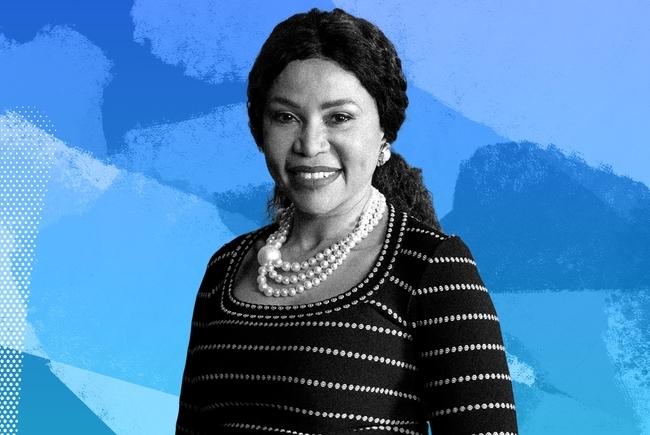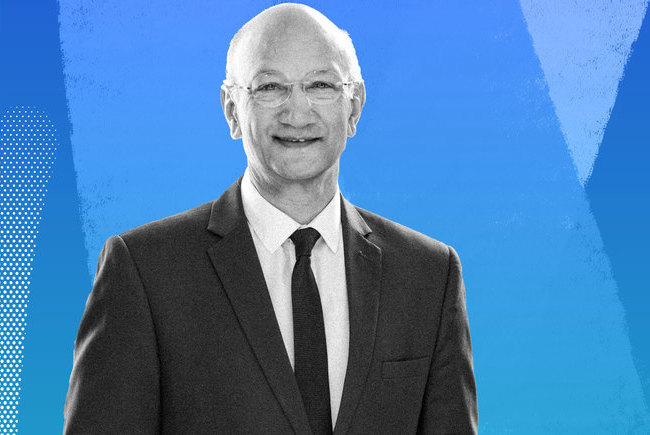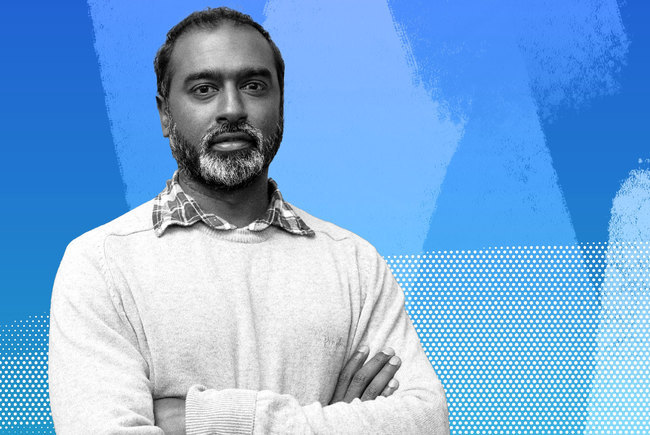Registrar’s report
27 September 2024 Read time 6 min.
The University of Cape Town (UCT) concluded another successful academic year in 2023. It conferred degrees and diplomas on more than 7 250 graduates, including 245 doctoral candidates.
My colleagues and I share in the pride of these accomplishments. We see first-hand the hard work and dedication the students apply over the years of their studies. Faculty members and professional staff play an important part in students' success, as do family members and other supporters who assist students in so many ways. So, every graduation ceremony is a celebration for the campus community. It is also an important step for South Africa’s growth.
Many of our graduates are the first in their families to attain a university qualification. This enables them to contribute significantly to the development of the country and the continent. They carry with them the ambitions for a sustainable, fair and just society that are expressed in UCT’s Vision 2030 strategic plan.
A doctoral degree is especially significant, as it strengthens Africa’s voice in the global conversations around the many challenges humanity faces around the world. Some of these challenges have been the focus of the seven outstanding individuals on whom UCT conferred honorary degrees in 2023.
Dr Mitch Besser was awarded Doctor of Science in Medicine (honoris causa) for his groundbreaking work in developing services to meet the needs of millions of pregnant women living with HIV and to prevent the transmission of HIV from mothers to their children.
Josette Cole was awarded Doctor of Social Science (honoris causa) for documenting, foregrounding and honouring the stories and lived experiences of marginalised communities in the Western Cape, and for analysing and documenting the struggle for liberation, particularly during the important period of the country’s transition to democracy.
Her Excellency ǂXuu Katrina Esau was awarded Doctor of Literature (honoris causa) for her contribution towards language studies and for preserving the endangered culture of the San people through teaching their largely oral language and their unique traditions.
Tete Mbambisa was awarded Doctor of Music (honoris causa) for his long-standing contribution to South African arts and culture and his influence on jazz scholarship both locally and abroad.
Dr Deborah Roberts was awarded Doctor of Science (honoris causa) for her leadership of climate change action and research. She was the first South African scientist and local government official to be elected as co-chair of Working Group II for the Intergovernmental Panel on Climate Change Sixth Assessment cycle in 2015.
Dr Colette Solomon was awarded Doctor of Social Science (honoris causa) in recognition of her social justice activism to advance gender and racial equity, specifically through the Women on Farms Project non-governmental organisation.
Veronica Williams was awarded Doctor of Music (honoris causa, posthumously) for opening the world of dance expression to young people through the Wilvan Ballet School – a non-profit organisation, bounded by principles of non-racism, non-sexism and non-sectarianism.
In addition to graduation rates, student enrolments provide an important marker of institutional success. The actual enrolment in 2023 was 29 533, comprising 17 561 undergraduate full-degree students, 3 168 postgraduate students below master’s level, 6 112 master’s students, and 2 179 doctoral enrolments. Occasional students made up the balance of enrolments.
Well over one-third of enrolments were at the honours, master’s or doctoral levels. This demonstrates UCT’s long-term commitment to developing expertise and thought leadership in specific branches of knowledge. We also hope that advanced study will encourage more of our postgraduate students to consider a career in academia.
UCT and its graduates share these accomplishments with every supporter of the university, including donors, research partners, alumni, families and friends of UCT. I take this opportunity to thank each of you for contributing to the success of our university.
Royston Pillay
Registrar
 This work is licensed under a Creative Commons Attribution-NoDerivatives 4.0 International License.
This work is licensed under a Creative Commons Attribution-NoDerivatives 4.0 International License.
Please view the republishing articles page for more information.
Annual reviews
Year in Review 2023
27 Sep 2024
Year in Review 2023

There are different ways to define the University of Cape Town (UCT).
27 Sep 2024 - 2 min read
By its very nature, the university sector is a place of transition.
27 Sep 2024 - 4 min read
In a world whose future relies increasingly on international co-operation and global thinking, developing and maintaining strong partnerships with institutions in other countries can be a game changer for research that addresses the wicked problems that have become household words in the last few years.
27 Sep 2024 - >10 min read
Previous Editions




The Newsroom and Publications unit releases an annual report, which is a review of activities on campus during the previous year. It spans nearly all aspects of UCT life; and includes reports from senior executives on issues such as governance, teaching and learning, research, social responsiveness, transformation and employment equity. Each year the report illustrates clearly why UCT is held in such high regard in South Africa, Africa and across the globe.

























